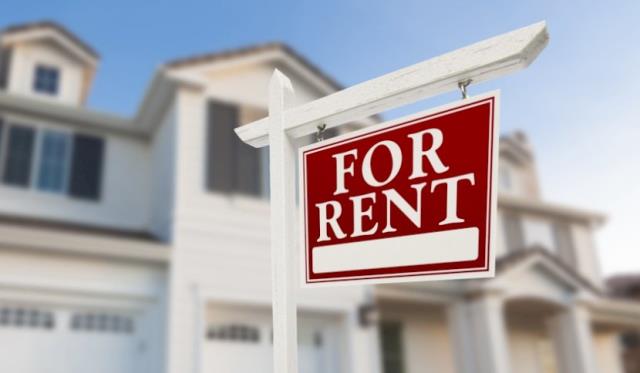“The root of the issue isn’t just inflation or global factors — it’s a supply collapse, made worse by government policy,” said a spokesperson for the Property Club recently.
Drawing on figures from the latest Salvation Army Red Shield Report, the spokesperson said the report paints a disturbing picture of life for many Australians.
“This isn’t just a poverty crisis — it’s a structural failure,” they said, pointing to the report highlighting that 93 per cent of people seeking help are struggling to afford basics like food and housing, 52 per cent are skipping meals, 24 per cent eat expired food to survive, 21 per cent live without electricity, and 47 can’t afford vital medication.
They also cited falling building approvals as a contributing factor.
“In February 2024, national building approvals dropped to just 12,407, numbers not seen since the 1980s, despite a population that’s 60 per cent larger today.
“By April 2025, another 5.7 per cent drop was recorded, a clear and worrying trend,” they said.
The third nail in the coffin for housing affordability is the plummeting vacancy rates, with the Property Club stating the national rental vacancy rate was just 1.2 per cent in May of this year.
“In Brisbane, it was just 0.9 per cent, placing immense pressure on renters and driving prices higher.”
“Australia now faces a shortfall of at least 900,000 affordable rental properties — mostly older, lower-cost apartments that have been neglected or lost through policy failure,” the club said.
There were three situations in particular that the Property Club says made housing affordability worse, all under the banner of Liberal Party leadership.
The first, they said, was in 1999 with Capital Gains Tax (CGT) changes.
“The introduction of a 50 per cent CGT discount under Howard, when combined with inflation, discouraged long-term property holding.
“Instead, it incentivised short-term flipping.”
The next problem came in 2015 with the APRA lending restrictions.
“APRA doubled investor borrowing costs under Liberal direction, pushing out around 40,000 investors each year,” the club said.
“This drained private rental stock and stalled upgrades to older homes.”
The final policy issues the Property Club has all stemmed from the 2017 Morrison Budget, where depreciation restrictions were imposed, bank levies were passed onto landlords and developers were penalised with a tax on unsold stock.
“The cumulative effect: reduced returns, higher holding costs, and a disincentive to build or maintain affordable housing,” said the spokesperson.
The current housing crisis is the result of these policies.
“Fewer investors mean fewer rental homes.
“Stricter policies reduce incentives to renovate or supply affordable housing.
“Tax changes push up rents and make affordable supply less viable.
“We’re now seeing affordable rentals disappear while high-end developments dominate.
“Every day Australians are being squeezed by short-sighted, bureaucratic decisions,” the club said.
The Property Club says the solution is to reverse the damage, with a host of proposals all designed to bring in more investors.
“Reverse the 2015 and 2017 Policies, restore full depreciation on existing properties, remove APRA constraints that restrict investor lending, scrap developer penalties for unsold stock, incentivise affordable renovations, offer triple tax deductions for four years on upgrades – as Keating once did, provide extra deductions for additional bedrooms created, focus on bringing 900,000 underused rentals back into the market, rebuild the Workforce, prioritise skilled trades in the immigration program, especially for construction and services, cut red tape, mandate 7-day turnaround times for compliant development applications, streamline planning laws for redevelopment and infill sites,” it said.
“This is not a market failure — it’s a policy failure.
“The solution lies in reversing damaging decisions, encouraging investment and construction, and prioritising affordable housing over ideology.
“Until this happens, more Australians will be denied the most basic human right: a safe and secure home,” the Property Club said.








